Tetris on an iPod? Pac-Man? Sonic the Hedgehog? It sounds odd now, but in 2006 it felt like the future. Apple partnered with major gaming companies like Sega and EA to ship something new and slightly wild, 54 clickwheel games built for that circular controller we all spun through our music libraries.
These weren't simple mobile distractions, they were full versions of classic arcade games, plus TV tie-ins like Lost: The Video Game and CSI Miami, all originally sold for $7.49 each through the iTunes Store. The clickwheel gaming era ran from late 2006 to early 2009, a brief window when your music player doubled as a premium gaming device.
Then came the plot twist. Apple completely removed these games from iTunes in 2011, years before the iPod Classic line disappeared for good. What looked like the end of a quirky experiment became the spark for one of the cleverest preservation efforts in recent memory.
The DRM puzzle that nearly killed clickwheel gaming
Here's why saving these games turned into a headache. Apple's DRM did more than block simple copying, it tied purchases to very specific conditions.
Each IPG file is tied to both the iTunes account that purchased it and the specific hardware identifier of the desktop iTunes installation used to sync it. So even if you bought the games and kept careful backups, moving to a new computer, or a fresh iTunes install, could break everything. No re-download button to save you, no safety net. Change the setup, lose the game.
For years the outlook was grim. Only 20 games were eventually cracked to run with custom firmware, and even those needed specific iPod Video models with modified software. That left 34 titles locked away, no known path in. Until someone noticed a quirk hiding in Apple's own authorization system.
How one Reddit user cracked the code
Enter Quix, a Redditor who stumbled on something Apple probably never expected, a loophole in the DRM protection that allows manual backups of iPod games on a secondary iTunes installation. Not deep hacking, more like finding an unlocked side door in a maze of locks.
Quix successfully backed up 19 clickwheel games using the trick, proof it worked outside a lab. Then he linked up with another enthusiast, Olsro, who saw how big this could get with more people involved.
Together they built a simple but sharp strategy. If multiple iPod owners reauthorize their accounts on the same iTunes install, it becomes a "master library" containing verified copies of games from every connected account. Here is the kicker, that master library can then sync games to any number of iPods without pinging Apple's servers. Apple's own rules, turned into a preservation tool, and it all works offline.
Building the ultimate clickwheel gaming archive
When Olsro put the word out on Reddit on October 7th asking for games, the response snowballed. Organizing dozens of contributions across accounts and machines, less simple.
Olsro created a "communitarian virtual machine that anyone can use to sync authorized clickwheel games into their iPod" using the Qemu emulator. That VM acts as the hub where decryption keys are stored and can work fully offline forever, a kind of sealed library room.
The payoff was huge. Over the last month, Olsro collected 52 of the 54 total games, with reports suggesting only Real Soccer 2009 and Tiger Woods PGA Tour remain missing. To build that near-complete set, 10 different accounts to authorize the comprehensive library were needed, a reminder that community projects run on trust, patience, and a bit of stubbornness.
Racing against time and server shutdowns
One big risk still hangs over the effort. Apple could disable its servers for reauthorizing clickwheel iPods at any time. For now, Apple still allows users to re-authorize their previously purchased games, and that step is the hinge the whole project swings on.
The team knows the window is shrinking. Their answer is to finish a self-sufficient setup quickly. Olsro believes this method should preserve the games indefinitely because once the decryption keys live in the virtual machine, it runs entirely offline. Think of it as a digital time capsule that does not care what Apple does next.
That solves a classic preservation riddle, how do you keep DRM content alive when the lock maker might walk away? You use the lock while it still opens, then save the keys.
What this means for digital preservation
This is bigger than rescuing some curios. These titles were a reflection of premium gaming without ads, micro-transactions, and fully playable offline, a snapshot of a short era when you paid once and played anywhere, subway to sofa.
The impact reaches past nostalgia. The games showed the iPod could be more than a music player, a hint of Apple's later run with the iPhone and App Store. Small experiment, big foreshadowing.
Most of all, the project underlines a hard truth, since these games cannot be re-downloaded from Apple, user backups are the only way to preserve them. When companies move on, communities often become the archive.
Curious where to start if you get access? Olsro shared his personal favorites: Crystal Defenders, Asphalt 4, and Peggle, three picks that show just how much the clickwheel could do.
The legacy lives on through community effort
Bottom line, Apple's brief iPod gaming chapter got saved by the people who loved it most. The virtual machine will be shared on GitHub with instructions once testing wraps, so anyone with a compatible clickwheel iPod can join in.
This isn't only digital archaeology. It proves determined fans can pull off what looked impossible, turning corporate abandonment into a preservation win. The iPod Clickwheel Games Preservation Project shows that some of the best archival work happens in Discords and Reddit threads, built by folks who refuse to let digital history fade.
The fact that 52 games now live forever in a virtual machine means future players can still feel that little circle spin under their thumb, click by click. When companies move on, communities can keep the lights on.




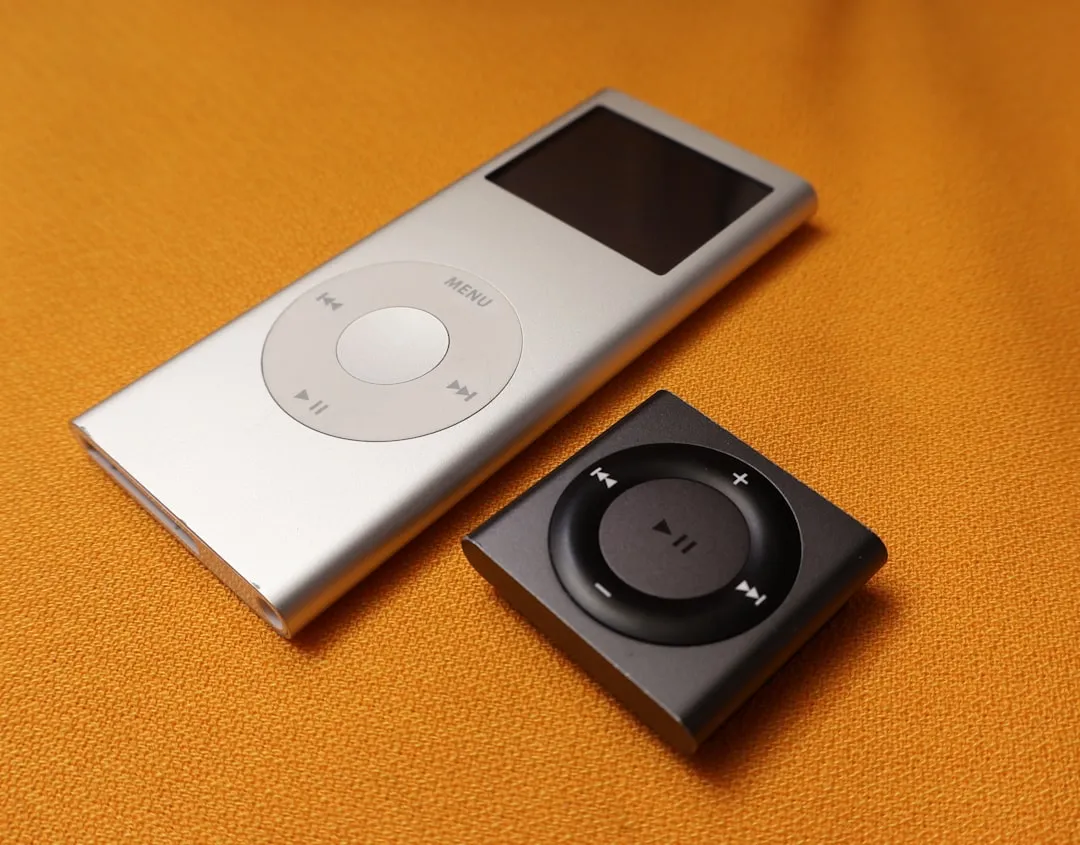



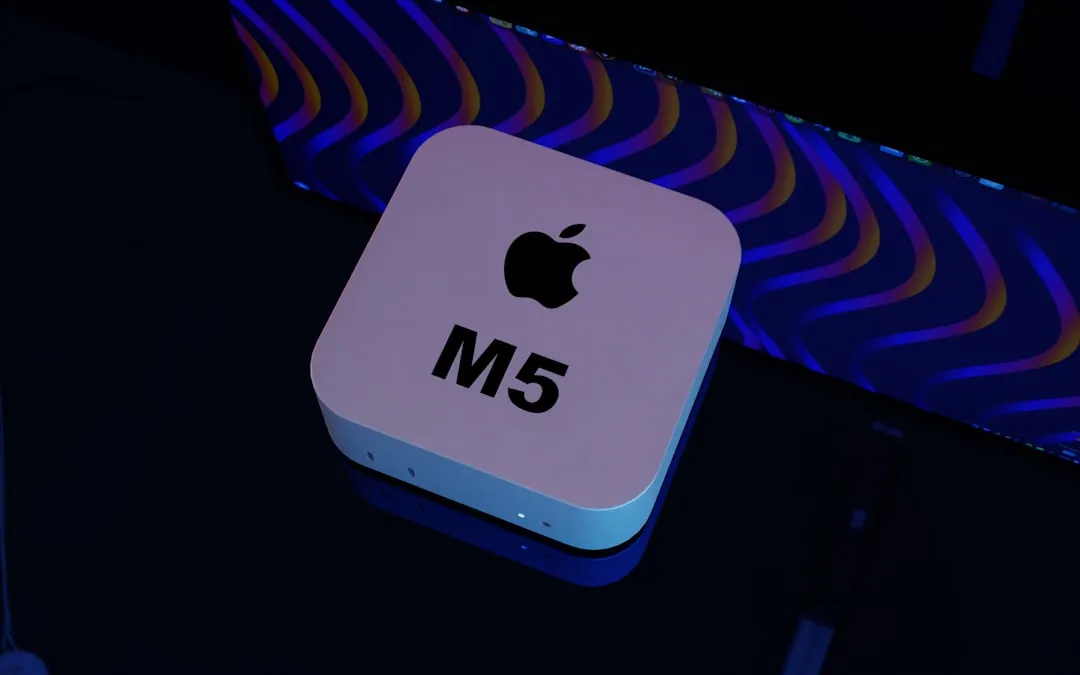
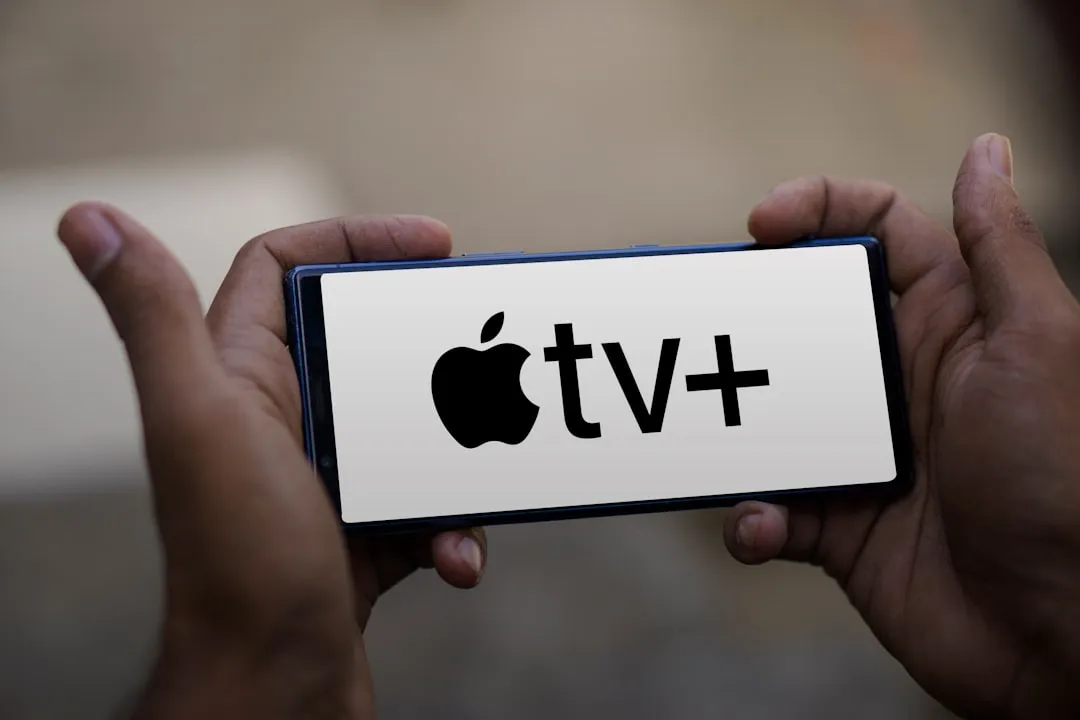

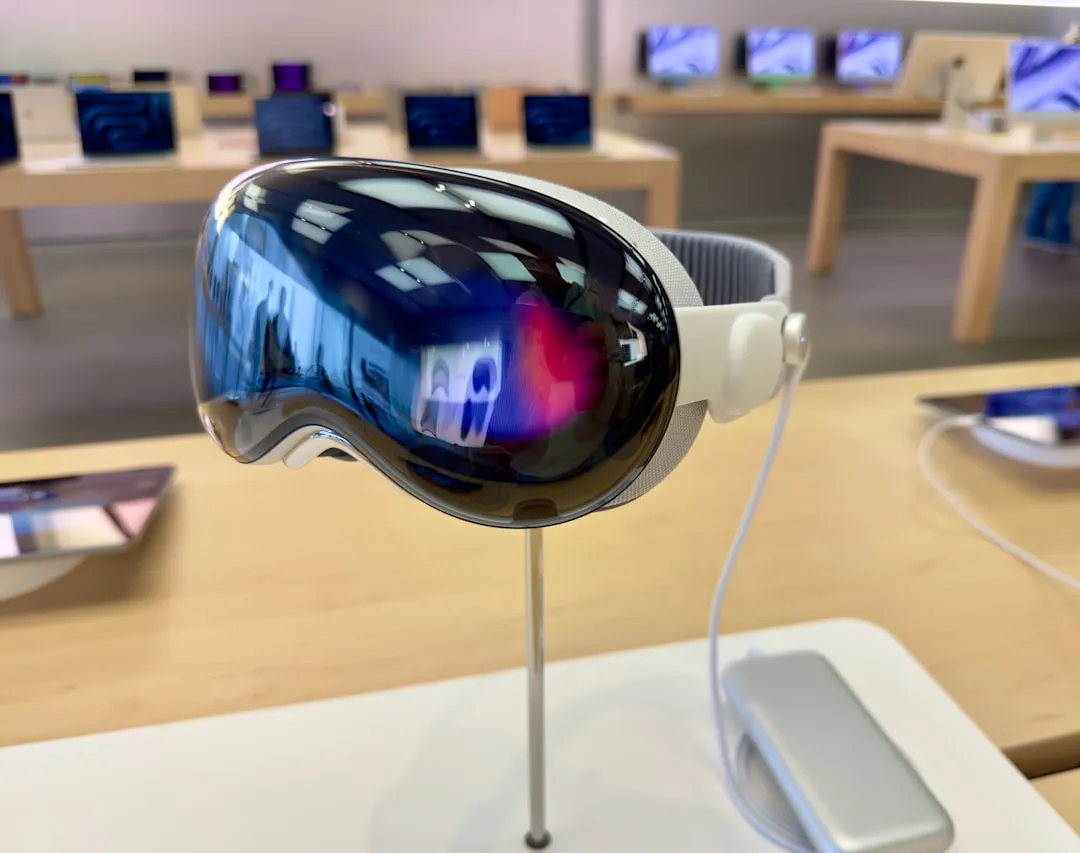
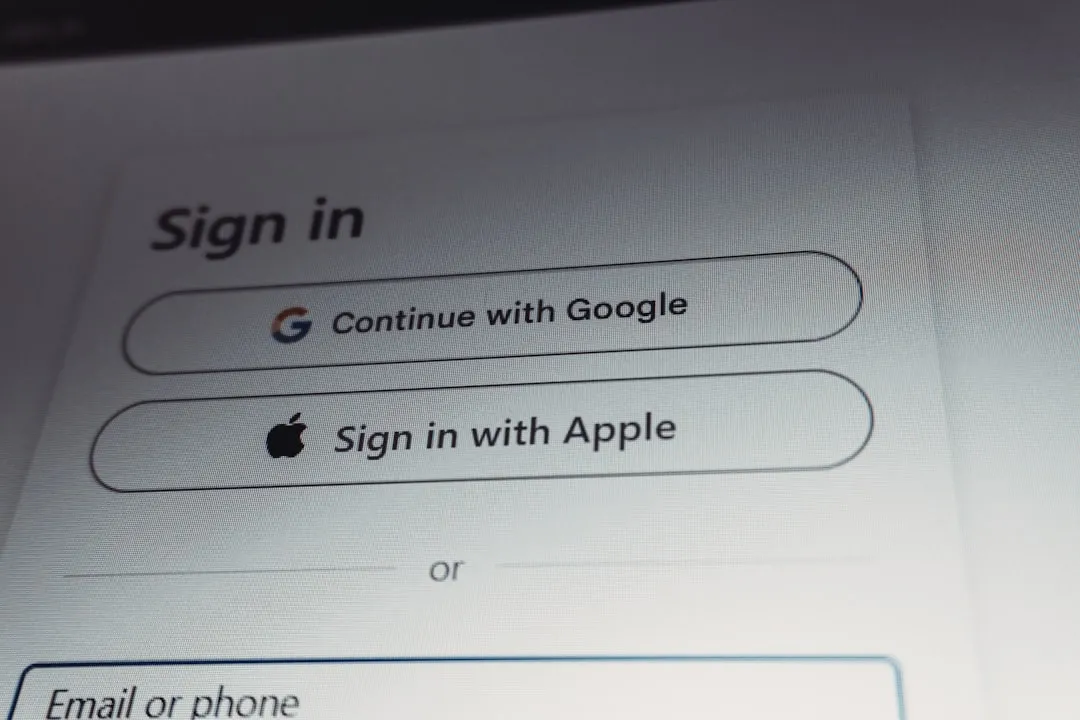

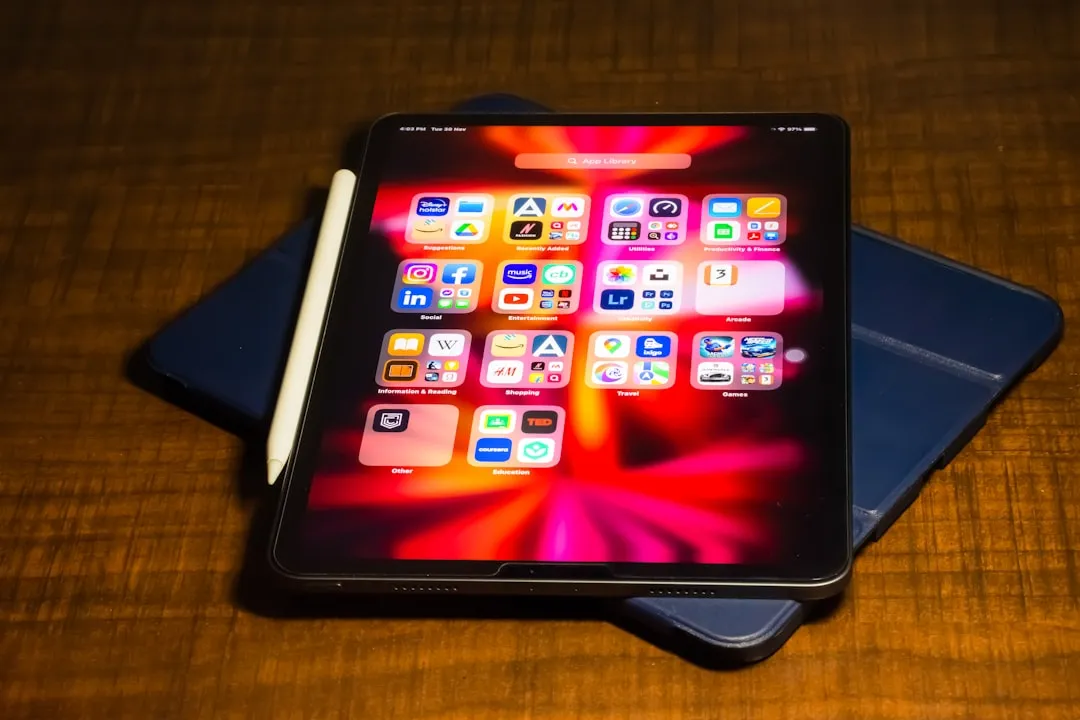
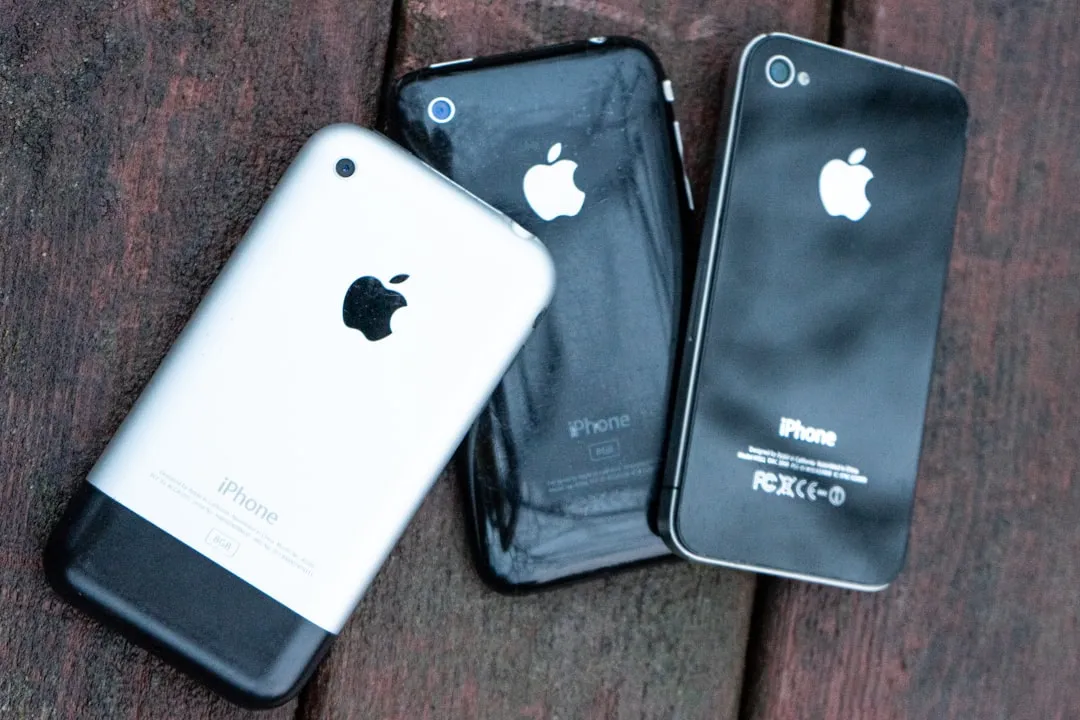
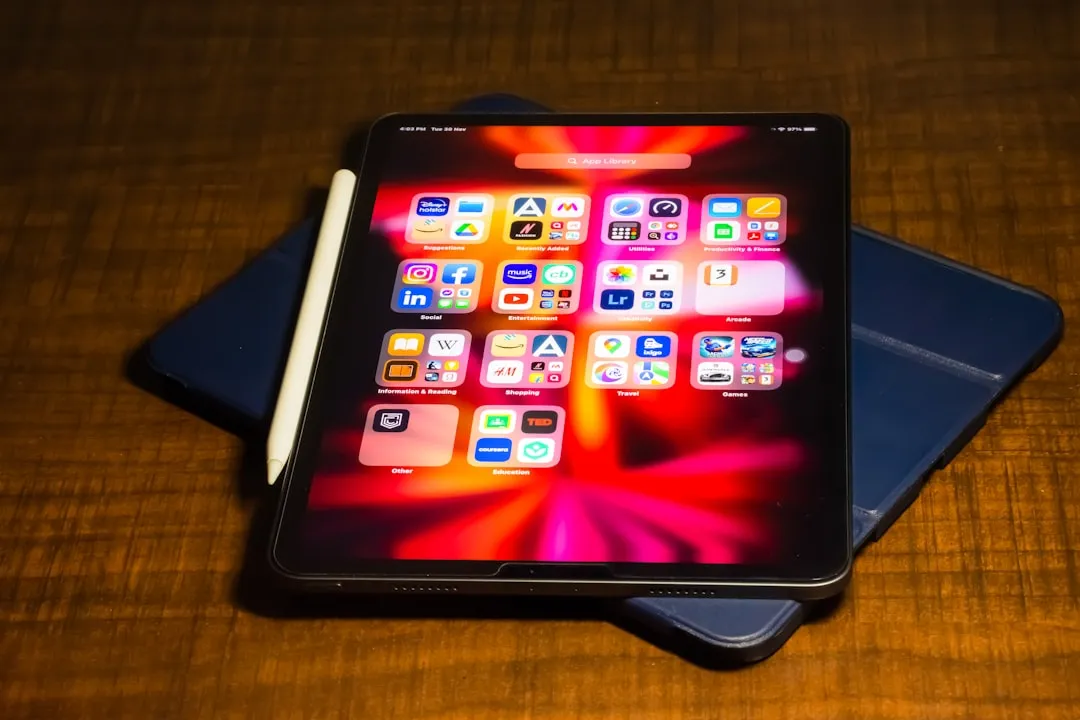

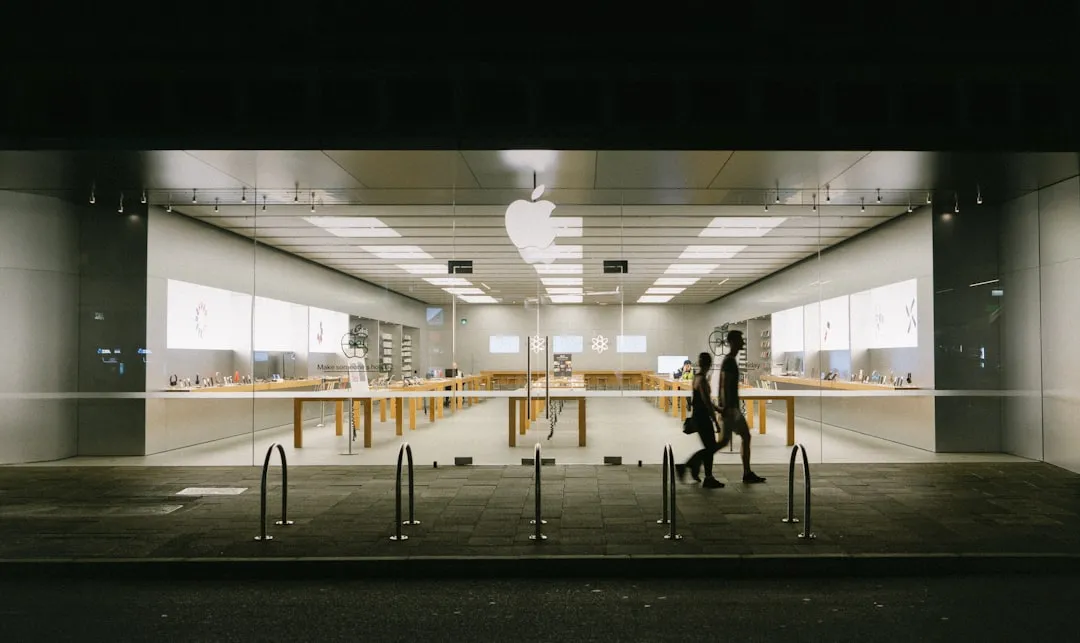

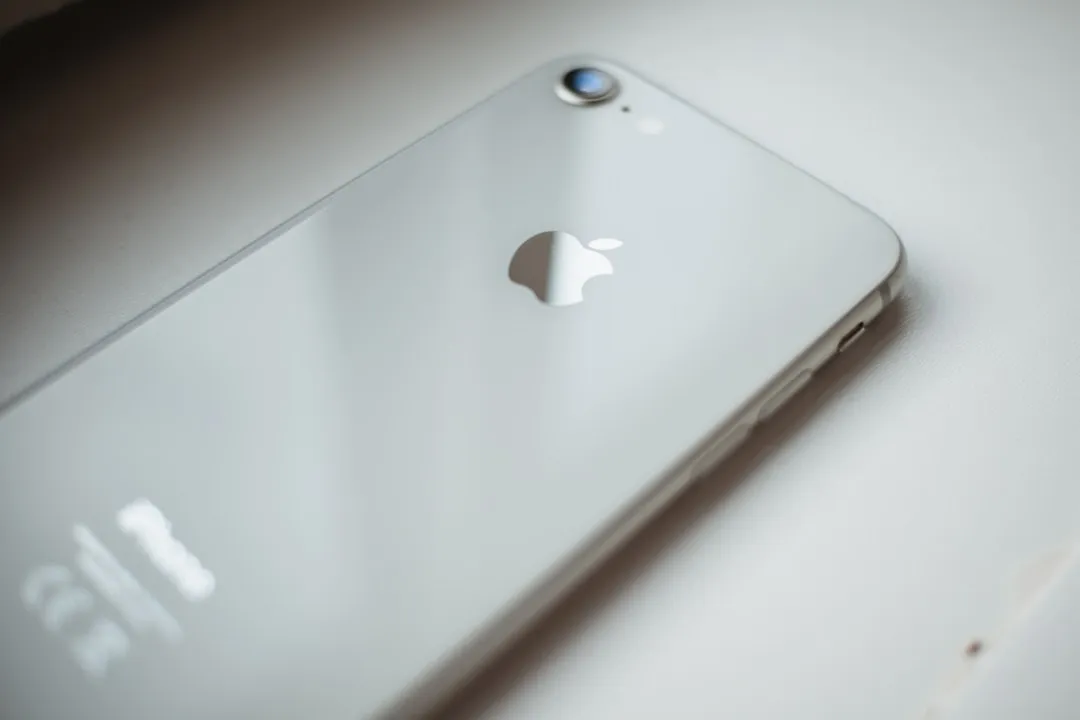
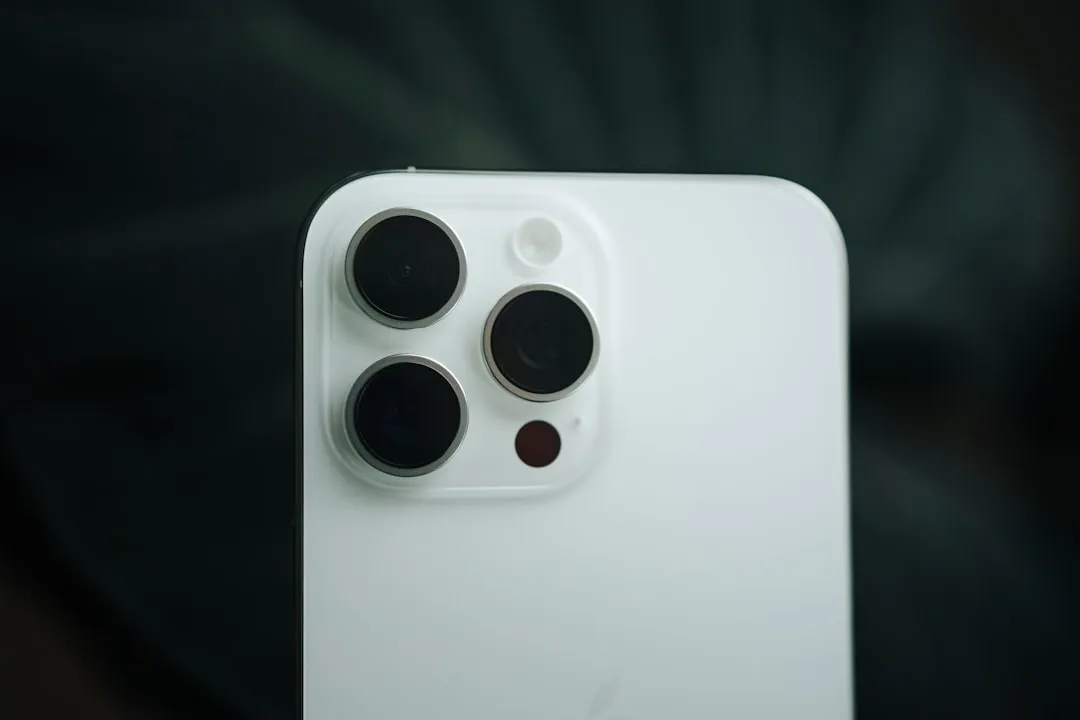
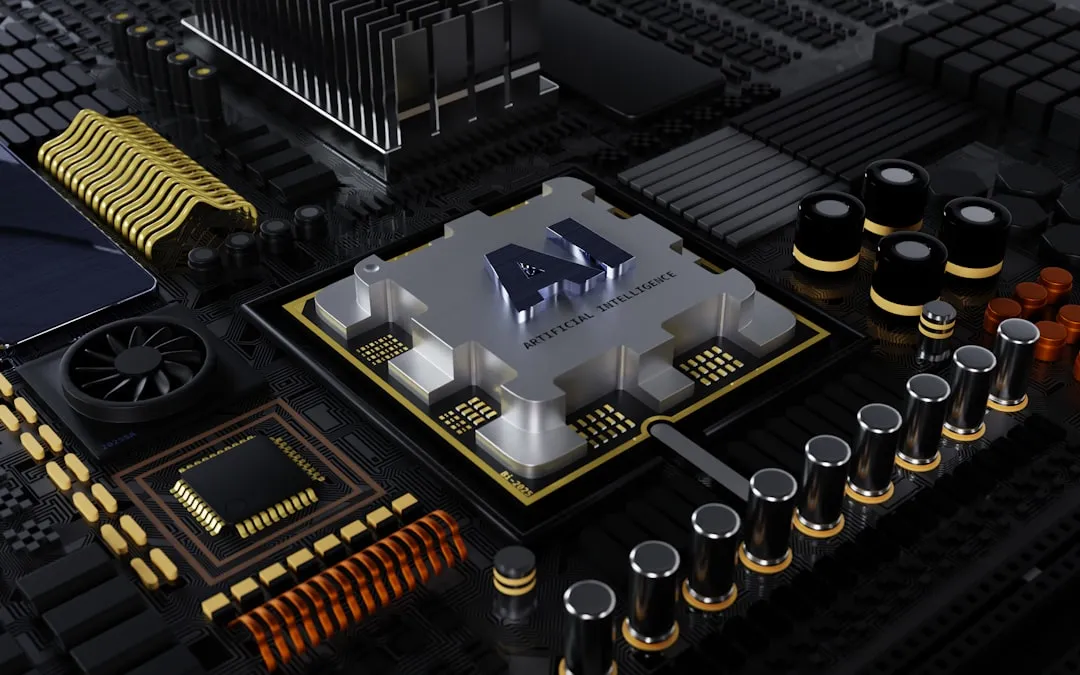
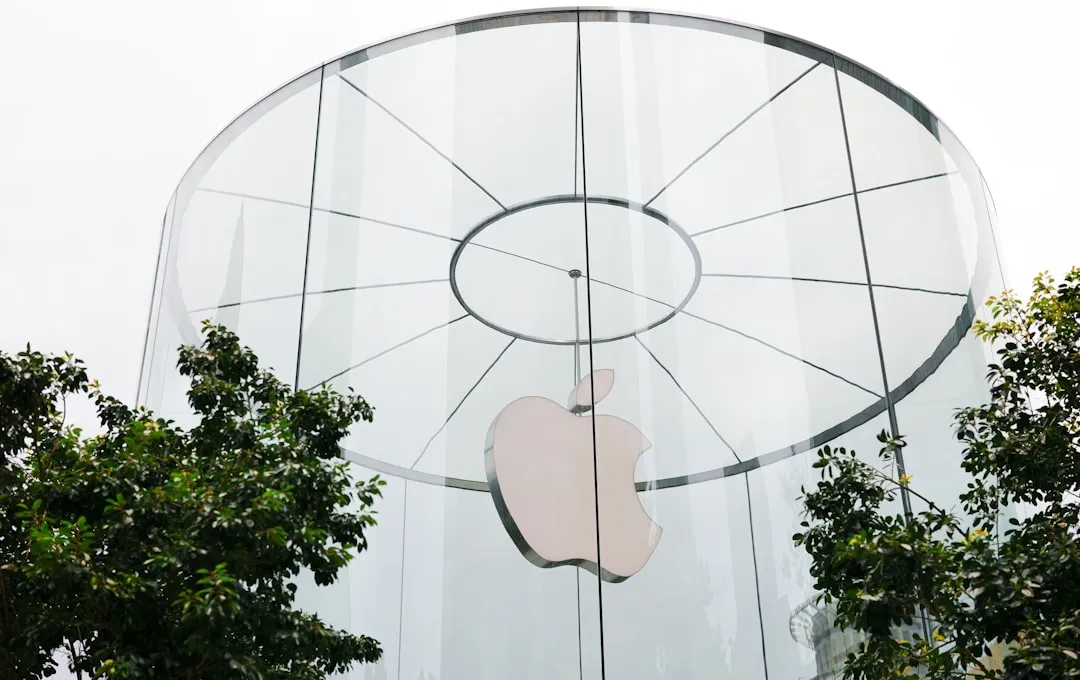

Comments
Be the first, drop a comment!